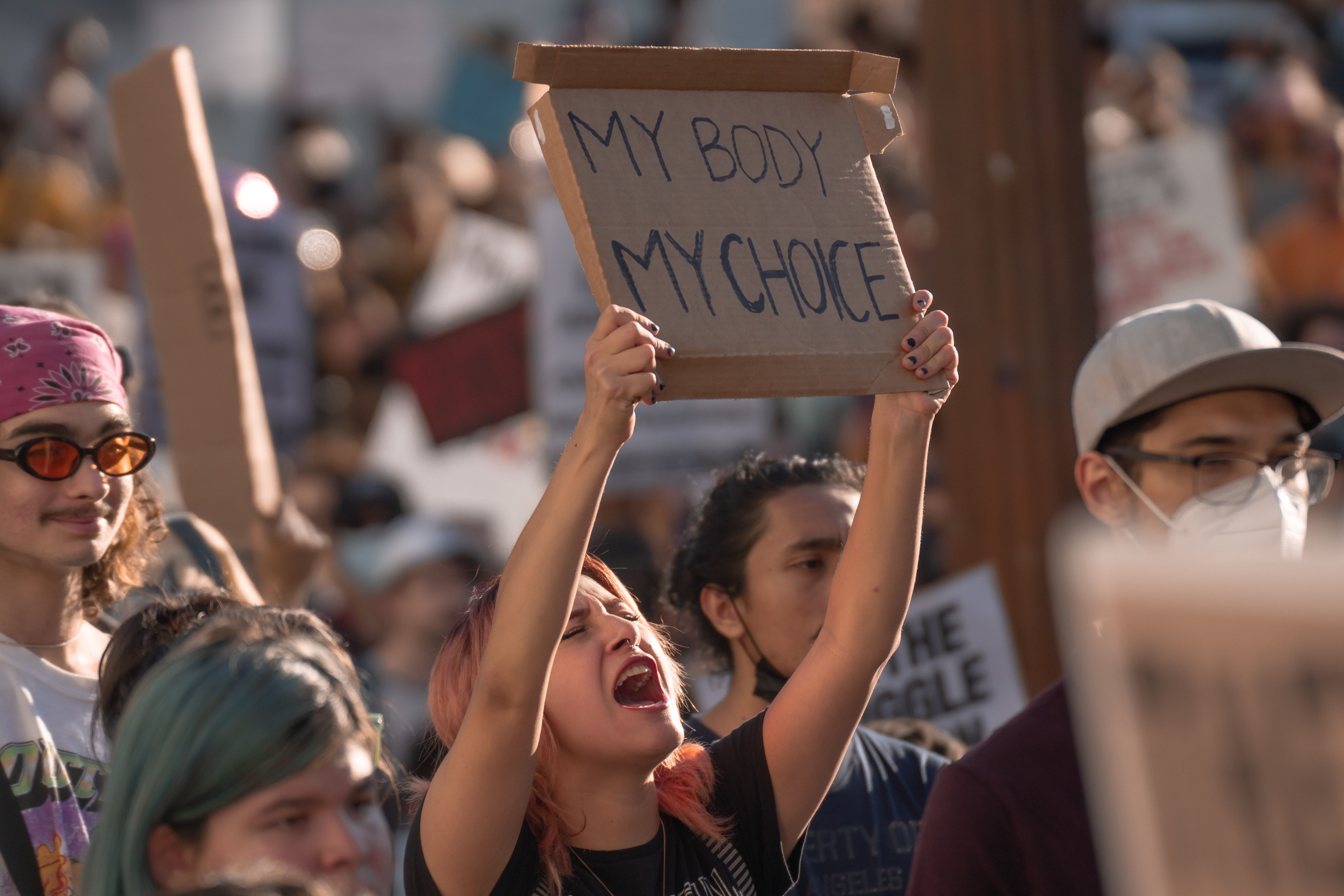
A Roe v. Wade Resource Guide for Mental Health Care Providers
The Supreme Court’s decision to overturn Roe v. Wade, eliminating the constitutional right to access abortion, marks a major change to reproductive rights and will disproportionately affect individuals from historically excluded and oppressed communities.
To support you as a clinician, we’ve compiled a list of resources into an easily accessible and shareable guide. This ruling is something that affects you just as much as it does your clients, and it’s our hope that this guide can help you stay informed and better understand the potential implications for your practice.
We’ll be making updates to this guide as news continues to unfold, and we’d love to incorporate any resources you’ve found helpful. Email thedigest@helloalma.com to share.
On August 23, Alma will be hosting a members-only event with Claire Marblestone, health care attorney and partner at Foley & Lardner LLP, to answer questions about how the Dobbs decision might affect clinicians in private practice. [Added August 3, 2022]
Keeping up with state-by-state policies
- The legal landscape surrounding abortion is changing daily. Guttmacher and NARAL are tracking changes to each state’s policies and regularly sharing updates.
Understanding the relationship between abortion access and mental health
- The APA published a summary of research that outlines the relationship between access to abortion — or lack thereof — and mental health.
- A more in-depth report can be found via findings published by the 2008 APA Task Force on Mental Health and Abortion.
General resources
- KHN published an article outlining five facts about access to abortion that healthcare professionals should know.
- A 2019 factsheet from Guttmacher addressed common misconceptions about who seeks abortions and when.
- Search trails may be used to prosecute people seeking reproductive healthcare. CNET and Scientific American outlined digital surveillance risks.
- Digital Defense Fund outlined different security-related threats and steps individuals can take to protect themselves.
- Violet, a company focused on cultural competence credentialing for healthcare providers, published a toolkit with more than 50 abortion access resources for clinicians and patients. [Added August 3, 2022]
Intersectionality, identity, and reproductive healthcare
- This video by Kat Blaque offers a concise definition of intersectionality and why it’s important.
- Overturning Roe v. Wade will disproportionately affect historically excluded communities and perpetuate inequities.
- Black women are more than three times as likely to die from pregnancy-related complications as white women, and a full abortion ban could increase Black maternal deaths by 33%.
- For Elle, Brea Baker interviewed women of color about what reproductive justice means to them and why an intersectional approach is essential.
- VAWnet published a series of resources that apply an intersectional analysis to reproductive justice and address topics like economic security, incarceration, and immigrants.
- The Reproductive Justice Briefing Book, published by Sistersong, is a collection of essays that define and explain the importance of reproductive justice. Defined by Sistersong cofounder Loretta Ross, reproductive justice is: the right to have a child, the right to not have a child, and the right to parent a child or children in safe and healthy environments.
- For disabled people, abortion access goes hand-in-hand with economic security, bodily autonomy, and physical health.
- Trans and gender nonconforming people often struggle to access reproductive healthcare, and excluding them from conversations about abortion contributes to further stigmatization.
- TransLash produced a trans-inclusive guide to abortion access, including a three-part video series about trans and gender nonconforming peoples’ experiences with abortion.
Jun 17, 2023

Looking for a therapist?
Get tips on finding a therapist who gets you.
By submitting this form, you are agreeing to Alma's privacy policy.

